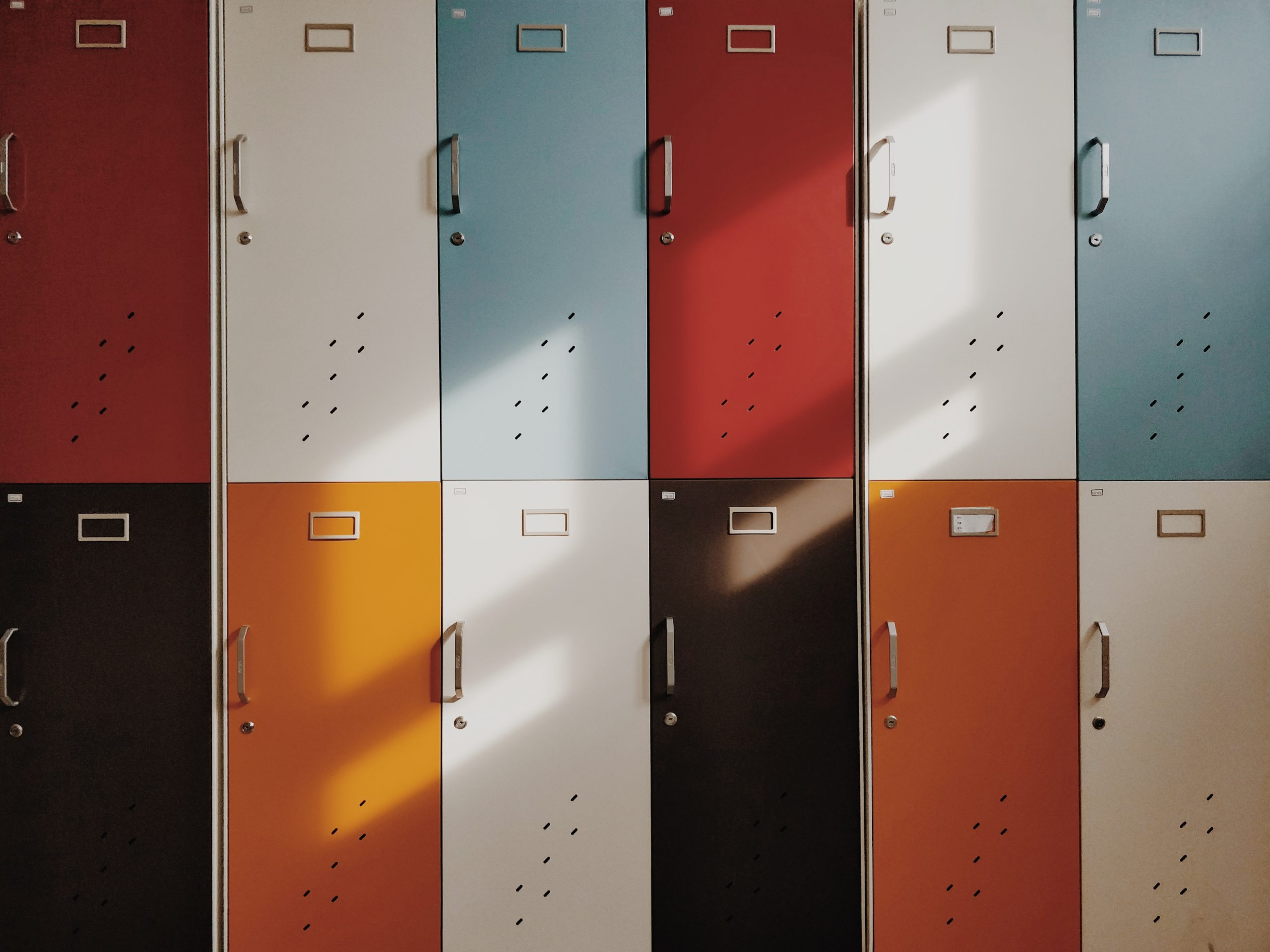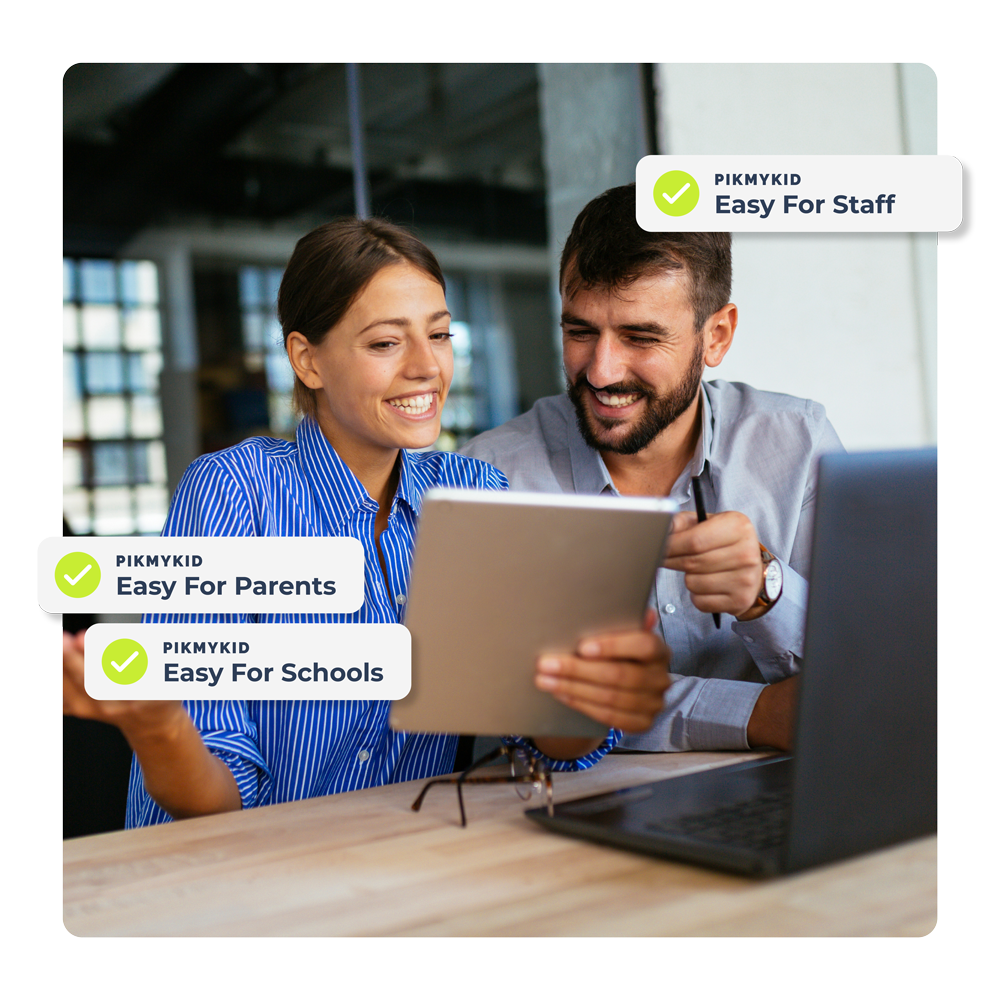At the summer’s end when the swimsuits turn back to cardigans and the margaritas turn to coffee, anxiety starts to rise. It isn’t just difficult for students to transition back into the classroom. For students and teachers alike, it’s hard to leave the carefree days of summer to go back to the structure and rules of the classroom. For those of us teachers that work over the summer, going back to the classroom can still be daunting. Here is some Back to School do’s and don’ts from a teacher’s perspective.

It’s not that us educators, don’t love our new kiddos, the smell of brand new dry erase markers and freshly polished floors. Just a heightened sense of the “Sunday Night Blues” that takes over us until October. October, you know, when the routines are established and Thanksgiving break is right around the corner.
So, what can we as educators do to make it a little easier on the students, parents, administration, and us? Ideally, we want smooth sailing from day one. Ahhhh sailing…
1. Create a summer reading list or listening list!
We have a great line-up of Podcasts for educators here. you can also include this Back to School do’s and don’ts from a teacher’s perspective to your list! Vertical plan with teachers before the previous school year ends and create a solid reading list for your upcoming students. Studies show that students who don’t read over the summer can drop two reading levels. Plan ahead and come up with a few books for your upcoming students to read over the summer. Then, plan for meaningful book talks and discussions for that first week of school. This will not only give you insight into your new students’ abilities but it will be a fun and educational way to establish routines.
2. Speaking of routines, make sure you have a clear vision as to what you want your rules and procedures to be for the upcoming school year.
So many times we as teachers make the mistake of having fabulous abstract ideas of what we want our classroom to look and feel like, but in reality, we need to be concrete about our expectations. Kids need routine and specificity when it comes to understanding. Don’t expect students to understand on day one what your rules and procedures are. Set aside some time to explain, role play, write and repeat what the classroom community is going to look like. Involve them in the creation of the classroom rules too and have them sign on it.
3. Get to work early!
I know, I know. Don’t shoot the messenger. It’s true though. I always find that getting to work early alleviates so much of the unnecessary chaos that occurs if I got to work a mere fifteen minutes early. Especially in the first month of the school year. How much earlier can we get there though? Me personally, I would shoot for an hour earlier. I just need the time to sip on my coffee and organize.
A little time to make sure a) the copier was working and then b) make copies. For me, the beauty of getting to work early is that I would leave work right on time. Obviously, go with what works for you. If you can stay a bit later and prepare for the next day, then do that. Either way, try not to take work home and be efficient with your time. Create a priorities list and get things done. If you don’t get to something completed or started, don’t stress. It will be there tomorrow.
4. Get an agenda that works for you.
Make sure you have a calendar where you can organize all the things you need to do. Color-code, write or type it all in one master place. When I consolidate my personal calendar with my work calendar, I notice that my life is more organized. Let’s face it work life and everything else life do coincide. I was able to schedule my gym classes, doctor appointments, and IEP meetings all in one place. Which helped me see my entire life at a glance. It helps me stay balanced and keeps me aware of where I was spending my time.
It got to the point where I was scheduling aside time to grade papers and do laundry. Educators are busy people and if we don’t keep ourselves in check before we know it we will drop the ball on life or miss a meeting. Remember it’s ok to say no, schedule something for a later time, or do “teacher stuff” over the summer so that the school year is less of a burden.
5. Lastly, HAVE FUN!!!
I always feel like the new school year is a new year. January 1st and August 1st are two days where I always feel like- new year, new me. Take the things you learned from previous years so you can GROW AND GLOW! At the end of the day, these are kiddos. They love you and they are there to learn in all sorts of capacities. Some of my most cherished moments are those that are unplanned. Everything doesn’t have to be perfect. Hope this back to school do’s and don’ts for teachers was helpful.
“Warriors of light are not perfect. Their beauty lies in accepting this fact and still desiring to grow and to learn.”
– Paulo Coelho



